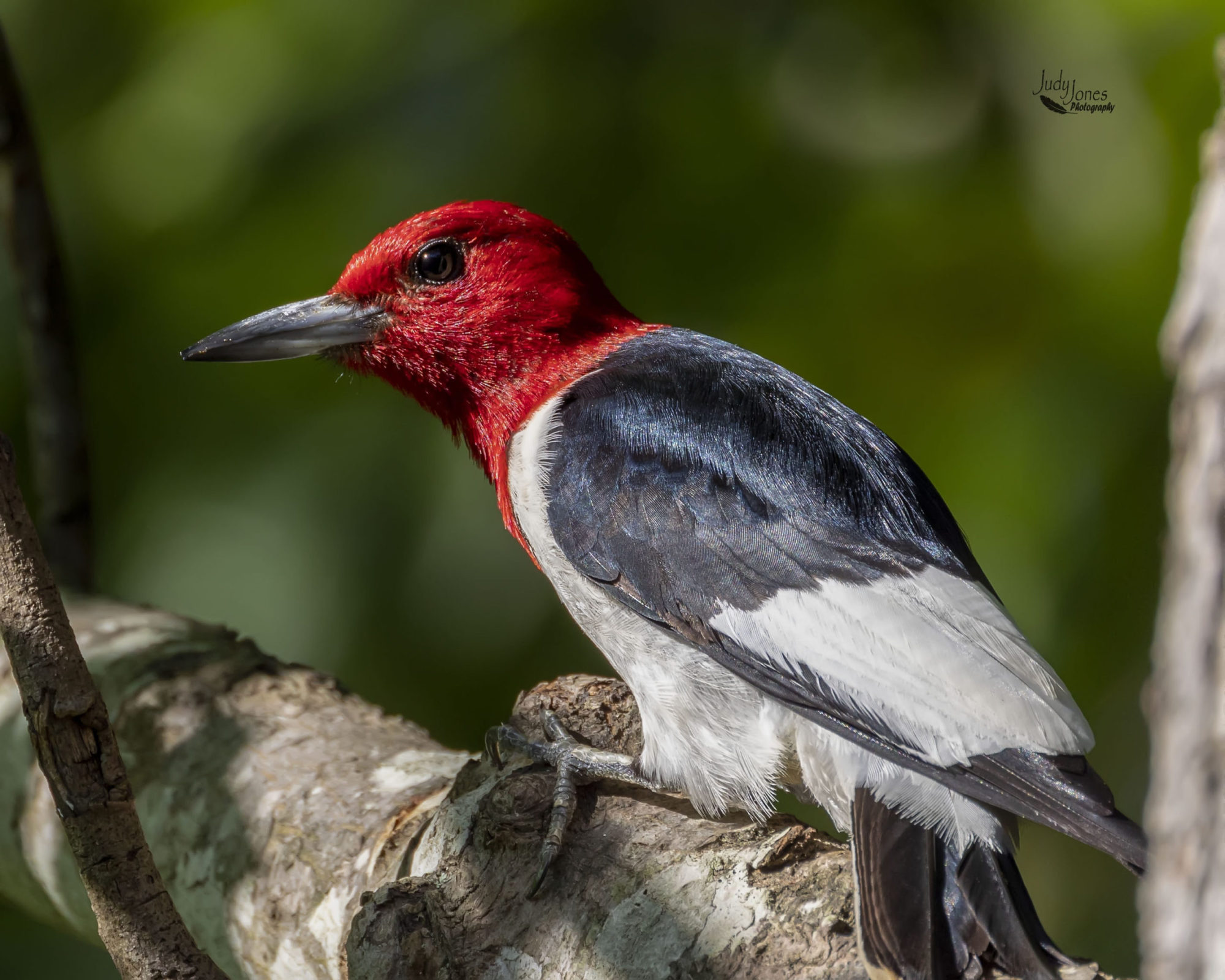From speaker Sarah Karpanthy:
Colonial waterbird conservation in the Hampton Roads: reflections on birds, bridges, politics, journalism and environmental activism!
I will talk about the history of colonial waterbirds nesting on the South Island of the Hampton Roads Bridge tunnel, their temporary rehoming to Fort Wool/Rip-Rap Island and barges, and what the future may hold. I will also emphasize the important role that bird conservation groups, like this one, played in the successful interim resolution and hopefully will play in the successful long-term resolution. I also have been studying shorebirds on the Eastern Shore barrier islands since 2005 so happy to talk about that too and field any questions that arise!
Katie Fallon will be the October speaker for the Williamsburg Bird Club. She will be talking about Cerulean Warblers.
The Cerulean Warbler is the fastest-declining Neotropical migrant songbird, losing 3% of its population per year since 1966. In addition to sharing tips for finding and identifying Cerulean Warblers, this presentation will discuss the challenges these beautiful birds face during the breeding and non-breeding seasons. How does a male attract a female? Who builds the nest, and how do they choose a nest location? How many young do they have, and how do they raise them? Once Cerulean Warblers leave North America at the end of the breeding season, where do they go? And what might they encounter along the way? Find out why your morning cup of coffee is important to Cerulean Warbler conservation, and learn ways that you can help save migratory songbirds.
She has also just had her book on Vultures reissued.

Mike Bishop is founder and director of the Northern Virginia Purple Martin Initiative (check out their Facebook page). He will mainly speak about purple martins but will also address other cavity-nesting birds and the work of the Purple Martin Initiative. The Northern Virginia Purple Martin Initiative is a grass roots effort to provide housing for all native Cavity Nesting birds at no cost on public lands. Some of the species they are attempting to help include the Purple Martin, Woodpeckers, Chimney Swift, Great Crested Flycatchers, Titmouse, Chickadees, Wrens, Bluebirds and Tree Swallows. To date they have installed 22 Purple Martin colonies , 2 Wood Duck trails, 3 Bluebird trails, and a Kestrel project. Founded in 2015, the initiative has been successful in bolstering the numbers of selected cavity nesting birds by installing housing in the proper habitat and monitoring by trained volunteers.
Join us at 7 p.m. on Zoom. The link to the meeting will has been sent to all WBC members.
Non-members are welcome. If you are not a member, please send email to Cheryl Jacobson at jcheryljoy@aol.com to get the Zoom link.
We are fortunate to welcome Matt Bright from Earth Sangha as presenter for our August 19 Zoom meeting. Earth Sangha is a nonprofit public charity based in Northern Virginia whose mission is ecological restoration as a form of socially engaged Buddhism. In the D.C. area they operate a volunteer-based program to propagate local native plants, restore native plant communities, and controlinvasive alien plants. Their Wild Plant Nursery is the region’s most comprehensive effort to propagate native plants directly from local forests and meadows.
WBC members, check your email closer to the time of the meeting for the login link.
Apart from gaining insight on where your favorite neotropical migrants may be spending their time, why learn about bird migration? Knowing where birds are and when can inform important conservation decisions, such as placement of wind turbines and reducing building lights on specific high-migration nights to prevent the deaths of millions of birds. Accurate migration models also allow researchers to understand behavioral aspects of migration, how migration timing and pathways respond to changing climate, and whether linkages exist between variation in migration timing and subsequent changes in population size. Our July Bird Club meeting will feature a presentation by Nick Newberry, “Tracking Bird Migration from Home: A Dive into the Vast World of Online Bird Migration Resources.” Nick is an environmental scientist and a 2017 William and Mary graduate. His experience with the Alaska Department of Fish & Game studying the migration of Olive-sided Flycatchers introduced him to the fascinating world of migration tracking. Nick will introduce us to websites for tracking individual bird species and to the technologies that make this possible. He’ll even tell us what to expect in the future based on an exciting new system that uses the International Space Station!


